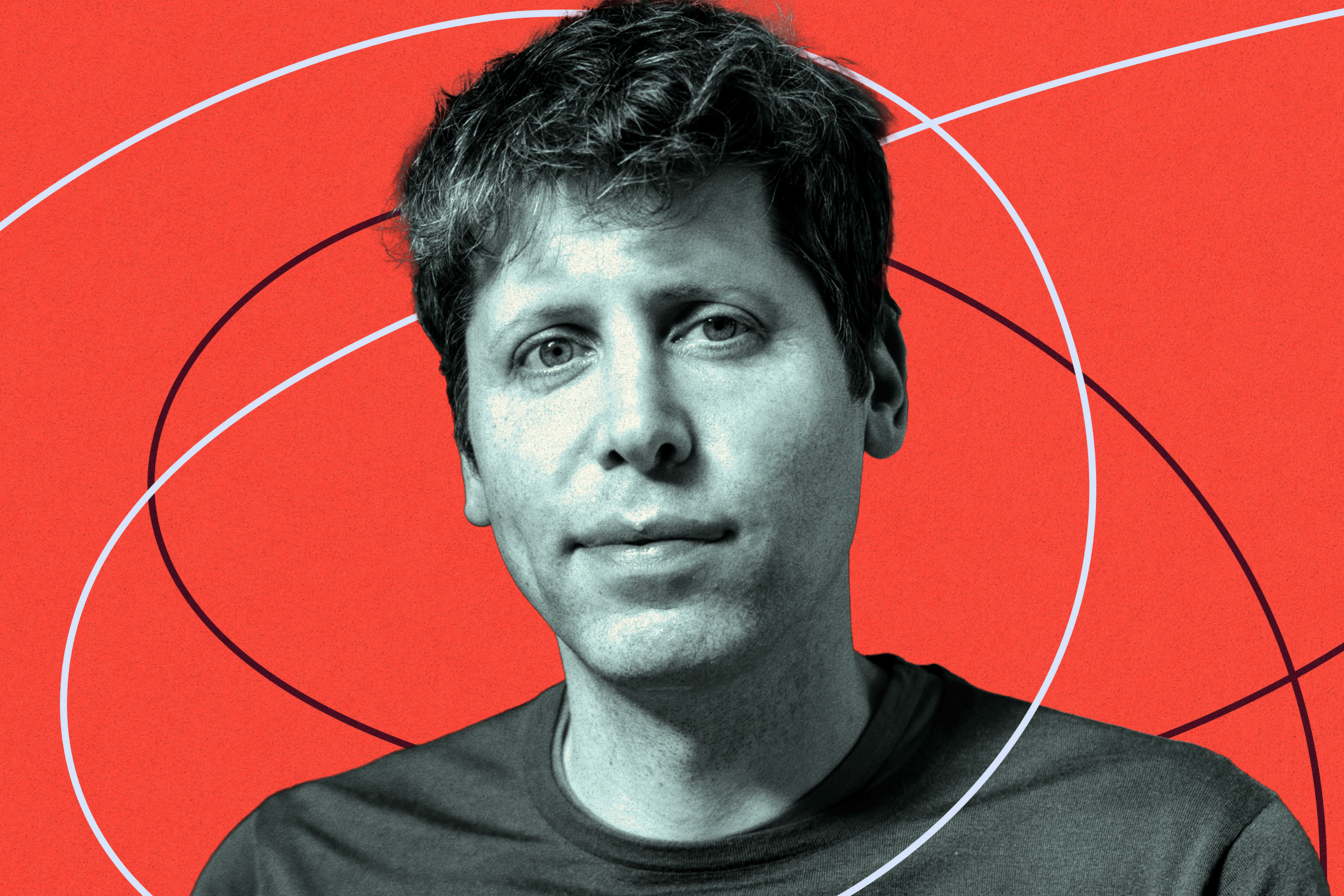A slightly dystopian project backed by Sam Altman to scan people’s eyes to verify they aren’t robots opened its flagship location Thursday in San Francisco. The devices initially failed to work.
As curious San Franciscans filed into the space next to Macy’s in Union Square, the eight orbs enclosed in a panopticon-like wooden circle glitched out. People were left staring deeply into the devices, unable to get their identities verified.
“It’s probably stage fright,” said Trevor Traina, chief business officer of Tools For Humanity, the company behind World Network that Altman cofounded in 2019. “This facility is literally brand new, so usually if there’s a glitch it’s the WiFi, not the device.”


OpenAI CEO Altman cofounded World Network in 2019 as an “anonymous proof-of-human” system meant to prevent AI bots from pretending to be human. In exchange for a blockchain-based ID and a cryptocurrency called Worldcoin, people are asked to scan their irises using a coconut-sized metallic orb.
Once confirmed to be living and breathing, users get an anonymous, private ID in an app that serves as digital proof of their personhood.
Michael Wakshlag, who made one of the first appointments for a scan Thursday, admitted it wasn’t the best look to have a buggy machine during the rollout. But he thinks the company is solving what will be an important societal problem.
“In this new age of AI, there are so many bots on social media, dating apps and gaming apps,” Wakshlag said.
As of March, the network had 11 million people verified through their custom-made orbs. The project was initially rolled out outside the U.S. in 2023, and announced its U.S. launch at a Fort Mason event in San Francisco on Wednesday.
“We wanted a way to make sure that humans stayed special and central, in a world where the internet was going to have lots of AI-driven content,” Altman said (opens in new tab) about the project’s founding at the Wednesday event.
Emil Tybura, who is in San Francisco on a business trip from Poland, decided to stop by the store because he was curious.
“This is like Black Mirror, definitely,” he said. “It’s a spooky vibe of tech being so intrusive into your life. But at the same time, I have this small belief that this will be huge one day.”
The effort has faced international suspicion and scrutiny (opens in new tab). World Network has been raided in Hong Kong, blocked in Spain, fined in Argentina, and challenged in other locations for how it processes data. World Network says its technology is private and cannot be hacked.
An hour after the grand opening started, the machines were back in operation. I decided to test the creepy orbs, transcribed with the words “Tools for Humanity,” for myself. I was verified as a real human being within minutes, but next to me, a man struggled to get the device to agree that he was alive.
“I’ve tried three machines,” Eric Soufer said. “Maybe I’m the problem.”

